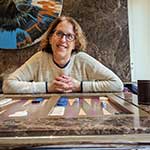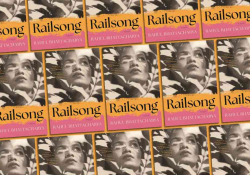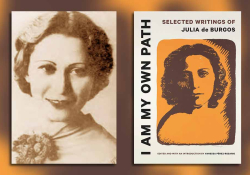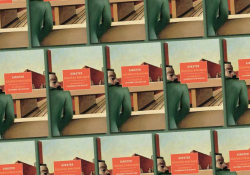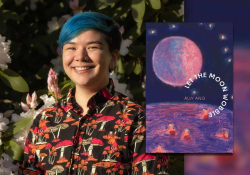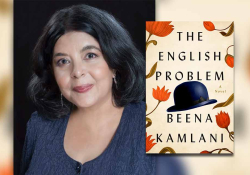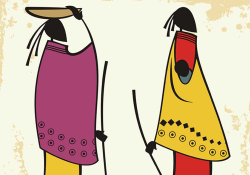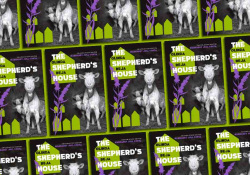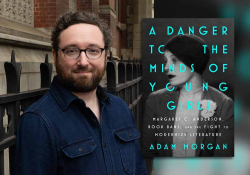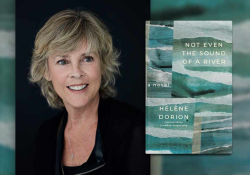Antigone Redux: Janice Weizman’s The Wayward Moon
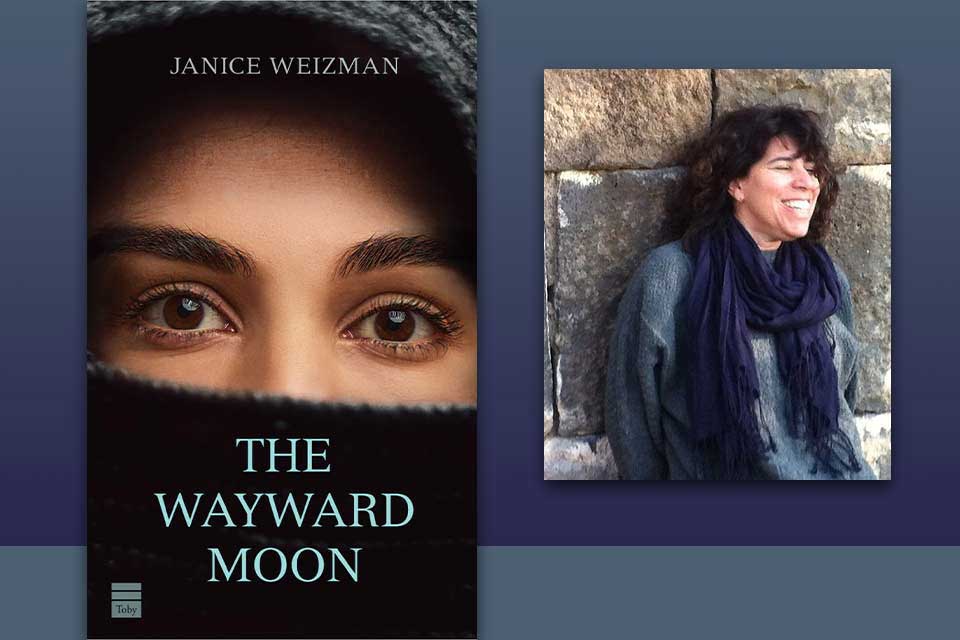 The first sentence of Janice Weizman’s The Wayward Moon (Toby Press, 2024) sets the stage with clarity and precision: “I, Rahel Bat Yair, was born in the city of Sura, which lies on the western bank of the river Euphrates in the land of Bavel, where the great houses of learning shine their light.” We have tumbled back in time—to the Golden Age of Islam—and landed far away. The next lines, “As I write these words, I can only wonder who will read them. Are you, honorable reader, a woman?” set the tone. We understand that we are in the hands of a young woman who is both articulate and open, intelligent and transparent.
The first sentence of Janice Weizman’s The Wayward Moon (Toby Press, 2024) sets the stage with clarity and precision: “I, Rahel Bat Yair, was born in the city of Sura, which lies on the western bank of the river Euphrates in the land of Bavel, where the great houses of learning shine their light.” We have tumbled back in time—to the Golden Age of Islam—and landed far away. The next lines, “As I write these words, I can only wonder who will read them. Are you, honorable reader, a woman?” set the tone. We understand that we are in the hands of a young woman who is both articulate and open, intelligent and transparent.
Opening in the ninth century in what is today Iraq, The Wayward Moon is a historical novel about the ways in which traditional patriarchy constrains women, and what happens when a woman is given the chance to experience choice and agency. The protagonist is seventeen-year-old Rahel, a Jewish daughter of a doting father who assumes her future as a wife and mother is set and secure, who neither asks questions nor challenges societal or familial expectations, who neither knows differently nor dares otherwise.
But, in a flash, all that assuredness must transform itself into something much more complex; an ability to take in a situation and think on your feet. Minutes after her life is completely upended, Rahel flees her childhood home and possessions, and—because she must disguise herself as a boy—her true identity. From that moment on, she must fend for herself in a world where women are traditionally subservient and voiceless, confined to their roles as daughter and then wife and mother.
Rahel must fend for herself in a world where women are traditionally subservient and voiceless, confined to their roles as daughter and then wife and mother.
Rahel’s father is a physician with a library of Greek and Roman texts. Shortly before he’s murdered, he shows her a copy of Antigone, a play about a woman who is Rahel’s age, also on the verge of marriage and lacking life experience. Describing the story, he explains that Antigone relies on intuition and intellect, which “give her the will to take a stand, and to see that stand to its end.” Distraught from the loss of her father, Rahel carries these words with her, clinging to them as they guide her from one challenging, and sometimes life-threatening, situation to another. Arriving at a Christian monastery (still disguised as a boy), she learns to read with the help of mentoring monks, and can finally revisit and parse the play’s message of internal strength and resilience.
While this is a story of adventure, it is ultimately a tale of self-discovery, as Rahel learns to negotiate the wider world and confront the quandary of what sort of life she is willing and able to live. It offers a glimpse into a time period and a society largely unknown to modern readers and depicts the lives of women in a religious and traditional culture.
For a debut novel, The Wayward Moon is an impressive undertaking. It shows Weizman’s in-depth research and strong command of craft, which entice the reader to turn the page. Her writing is filled with sensory details, rendering everything from food to setting, from clothing to characters, tantalizing and vivid: “At the town baths, I instructed the attendants to scent the water with myrrh and sandalwood, and to wash my hair with the powder of crushed lotus leaves.”
The Wayward Moon shows Weizman’s in-depth research and strong command of craft.
From chapter to chapter, we learn more about life in the Middle East at a time when Europe was still in the “dark ages.” Here, for example, is a description of the road into the capital city of Samara: “Wagons and caravans, laden with every kind of foodstuffs and luxuries, make their way from the city markets to the Caliph’s palaces in Samara and back. High officials in fancy coaches share the way with artisans, merchants, officers returning from the provinces, as well as farmers from the villages that lie along the banks of the Tigres.”
Originally published in 2012, the prizewinning novel is now reissued with a preface by the author, explaining why Rahel’s story of survival is timelier now than ever.
Tel Aviv
